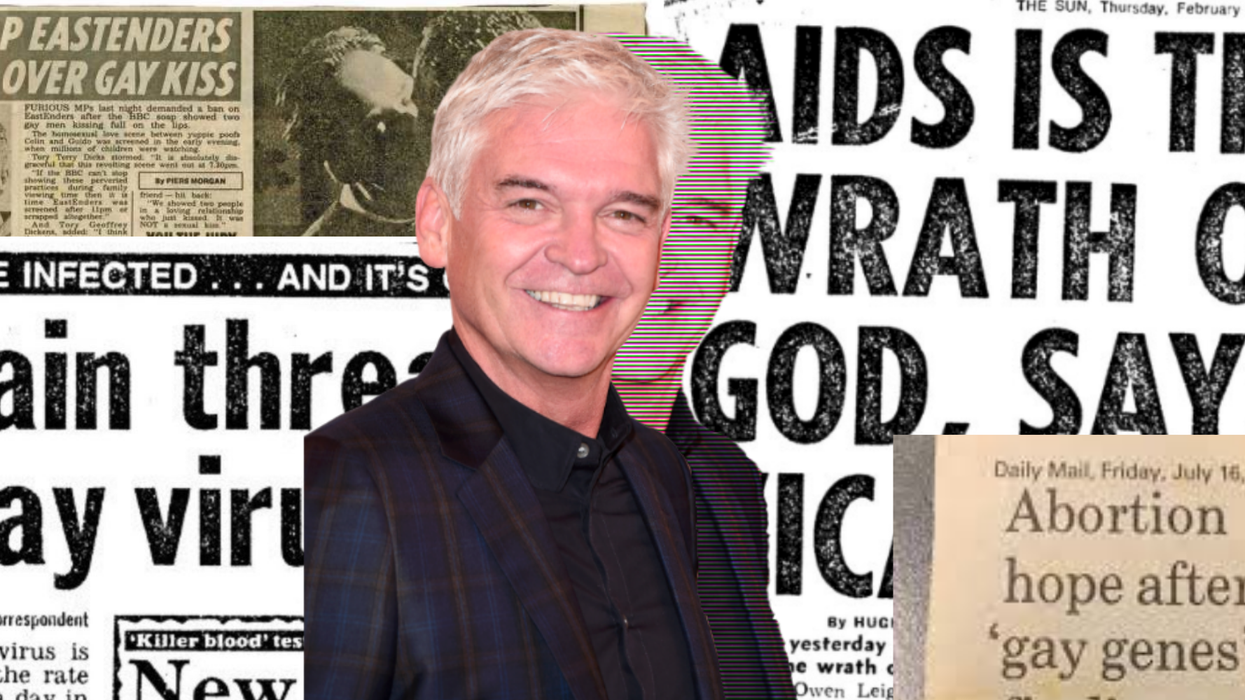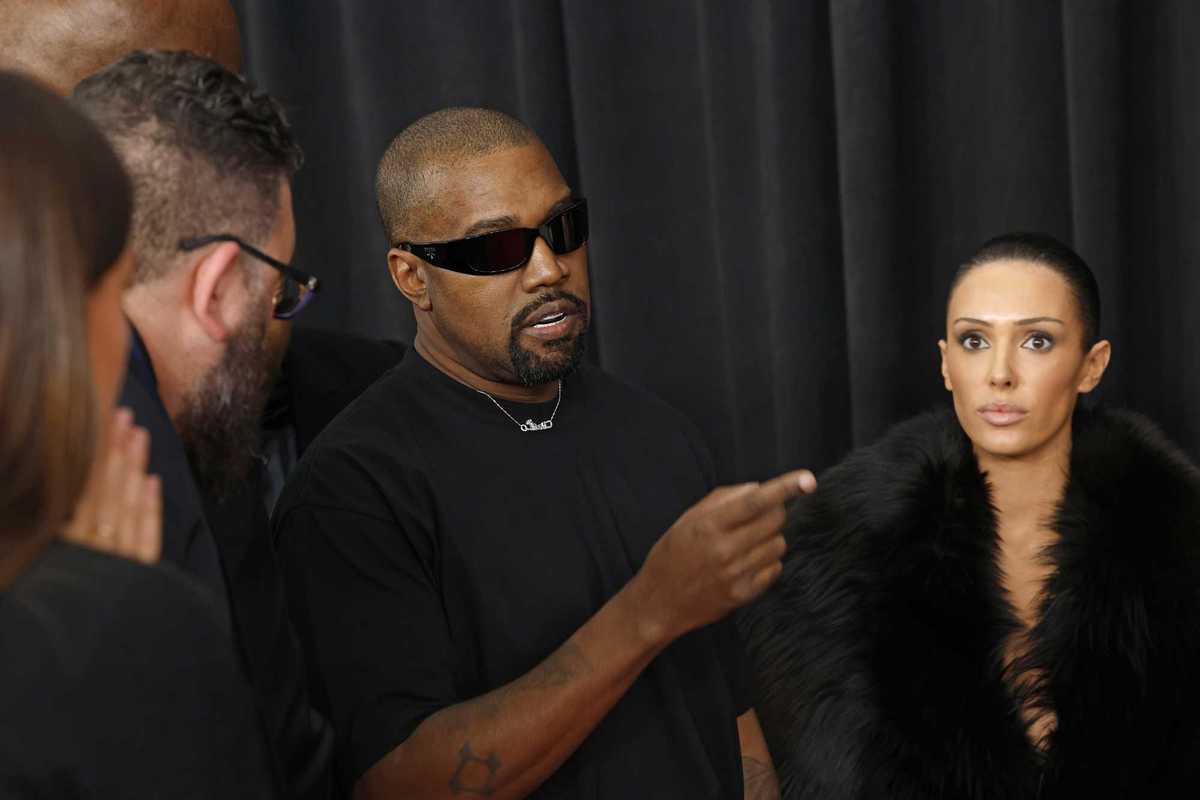
For the most part, reactions to presenter Phillip Schofield’s surprise announcement this morning, that he is a gay man, were overwhelmingly supportive.
But of course, this is the internet, so there were some who found it necessary to question why it took the daytime TV legend so long to come out publicly.
Is it their business? No. Should we pander to them? Also no!
But a far more patient Twitter user than I took the web to provide some helpful – and upsetting – context as to why a man of Schofield’s generation might struggle with publicly declaring an attraction to men.
Writer Marcus Daniel tweeted a thought-provoking thread on the reaction to Schofield’s coming out.
“Instead of cis straight people saying “we knew Philip Schofield was gay” maybe you could instead reflect on the society you created that led him to be married to a woman for 27 years instead?” he wrote.
“Philip Schofield was a young man in his 20s at the height of the HIV and Aids crisis and we were seen as scum who deserved it. So consider that context, rather than the 2020 one”
Daniel followed up his tweeted by attaching four newspaper clippings of articles that ran in mainstream tabloids including The Sun and the Daily Mail in the 1980s and 1990s.
“Abortion hope after ‘gay genes’ findings,” read one Daily Mail headline that accompanied an article about scientists supposedly finding a genetic link to homosexuality which could predict whether a baby would be gay and “give the mother the option of an abortion”.
Another piece referred to Aids as a “gay virus plague”.
During the 1980s and 1990s, ignorance caused the gay community – which already experienced extreme prejudice – to be further ostracised after Aids appeared in the UK.
Stories published in national news outlets included threats by parents to shoot their children if they were diagnosed with Aids.
Fear-mongering and sensationalism lead to terror and misinformation about how Aids spread. Some called for anal sex between two men to be criminalised again.
Meanwhile, gay men were dying in droves. The norm of discrimination, even at the hands of medical staff, exacerbated suffering.
Prominent gay men in the UK regularly expressed internalised homophobia. Quentin Crisp once told gay rights activist Peter Tatchell that he didn’t “believe in rights for homosexuals”.
At the height of the Aids crisis, he also flippantly dismissed the disease as “a fad”.
Meanwhile, in 1985, the year Phillip Schofield scored his first big TV gig, entertainer and DJ Kenny Everett came out in the Sunday Mirror.
After Aids hit public consciousnesses, tabloid press were instructed to pursue any gay celebrities, or those suspected to harbour those predilections, to see if they were suffering from the disease.
As detailed in David and Caroline Stafford’s Everett biography, Cupid Stunts: The Life and Times of Kenny Everett, gay celebrities were hounded.
While TV presenter Russell Harty was dying of Hepatitis B, The Sun sent photographers with long lenses to a flat opposite his hospital room and reported that his illness was the result of “paying young rent boys [for sex]”. It wasn’t.
Later, the editor of The Sun offered friends of Everett up to £18,000 to reveal whether the DJ was infected with HIV or not.
A friend who did not cave to the bribery was told by the journalist who approached him that the editor would “pay anything to screw Kenny”.
This is the environment in which Phillip Schofield came of age as a TV personality.
And although we can’t speculate too much, it would do us well to remember that thirty years ago, the cultural climate was very different for young people exploring their sexuality.
So, please, don’t judge.
More: This is the upsetting reason Natalie Wood is trending after Kirk Douglas' death













